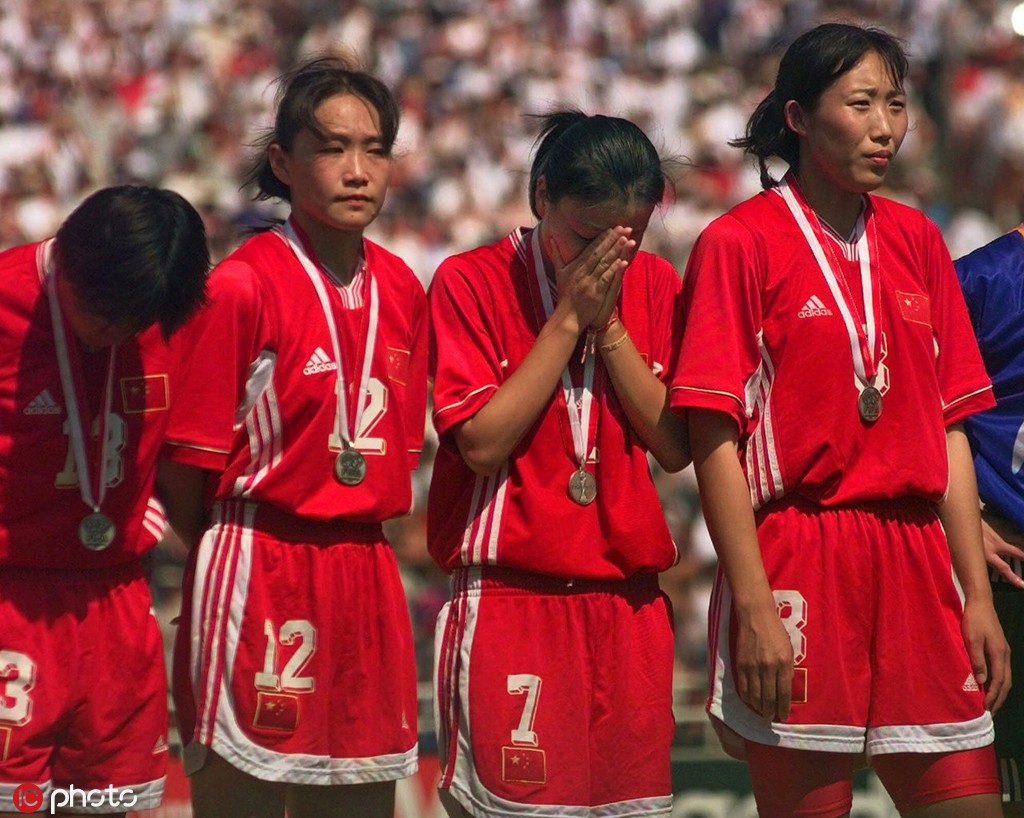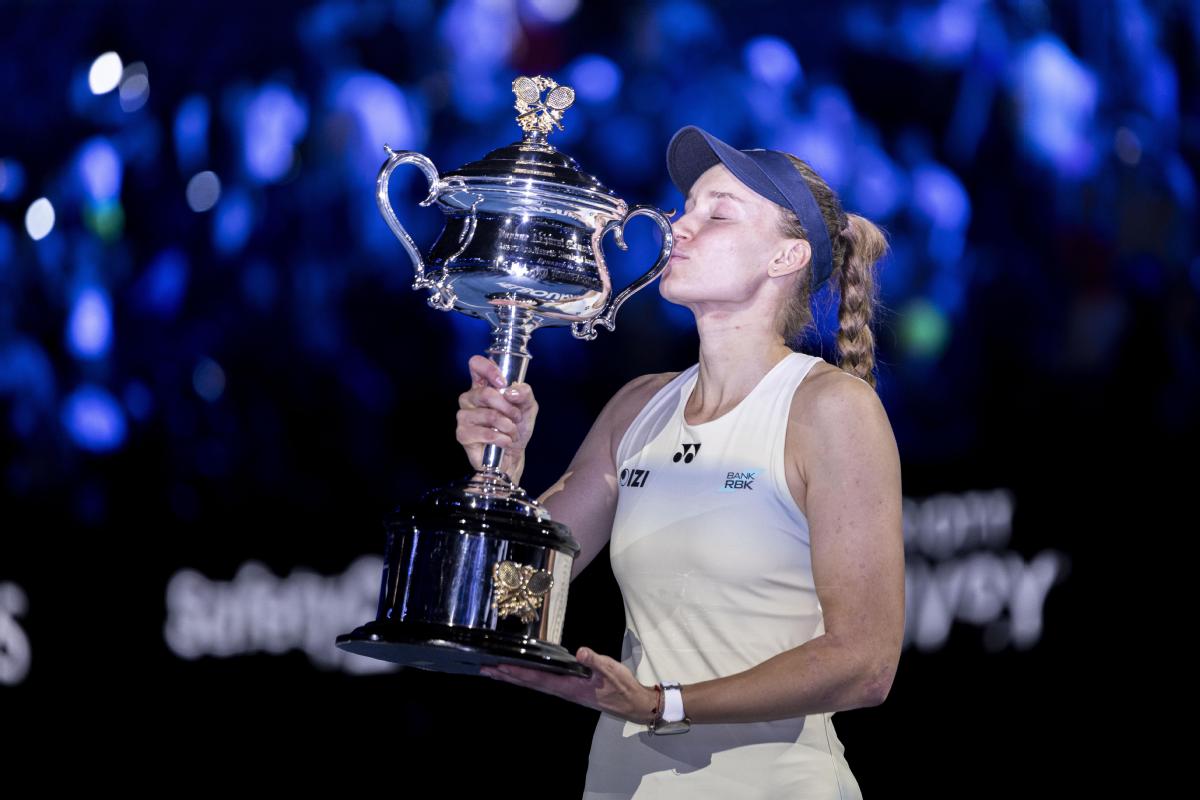Dawn of a new goal-den era


'Moral fears'
Progress was slow for the women's game, while feminism in the wider sense continued to advance only incrementally in terms of gaining equal civil rights.
Women playing soccer "was a concrete example of all the moral fears that have crossed the centuries surrounding women and their bodies and what they do with them," Bohuon said.
"There were great fears, both medical and social, that by making their bodies more 'masculine' they could even put their reproductive organs in danger and that they were refusing to submit to the role that had been allotted to them."
The big exception was in the United States, where from the outset "soccer was seen as a women's game, with girls playing from a very young age, and it became accepted behavior," Bohuon added.
It was no surprise then that it was American teams that dominated the first FIFA-backed World Cups, winning in 1991 and 1999, when 90,185 spectators watched the final at the Rose Bowl in California, which remains a world record for a women's match.
UEFA organized its first official women's European championships in 1984, won by Sweden, while the Asian federation had done the same as early as 1975.
Africa and South America created their regional competitions in 1991.
In terms of club soccer, a women's Champions League kicked off in Europe in 2001, while the professional era got off to a rocky start in the US before relaunching in 2009.
The 2002 British movie Bend It Like Beckham, starring Parminder Nagra and Keira Knightley, has also been credited with triggering a spike in participation.
The film tells the story of an 18-year-old soccer-mad Londoner of Sikh descent who joins her local team despite being forbidden to play.
A new attendance record for a European women's club match was set last Sunday when 60,739 spectators watched Barcelona beat Atletico Madrid 2-0 at Wanda Metropolitano Stadium in the Spanish capital.
The Ballon d'Or also has its female version, although the first ceremony was last year overshadowed by a presenter making sexist comments to the Norwegian winner, Ada Hegerberg.
The Lyon striker will be absent from the World Cup because the 23-year-old is boycotting her national federation, accusing it of an amateur approach.
Elaborating on her stance at December's Ballon d'Or ceremony, Hegerberg commented: "A lot of things need to be done to make the conditions better for women who play football."
Agence France-Presse
Most Popular
- Nation's soccer strength reboots for a new era
- Champions lead Winter Olympics quest
- China's U23 captain Xu Bin set to join Premier League club Wolves
- U23 near miss brings hope and lessons for Chinese soccer
- Short track skaters named flag bearers as Hungary unveils 2026 Winter Olympic squad
- China's historic run at AFC U23 Asian Cup sparks praise





























